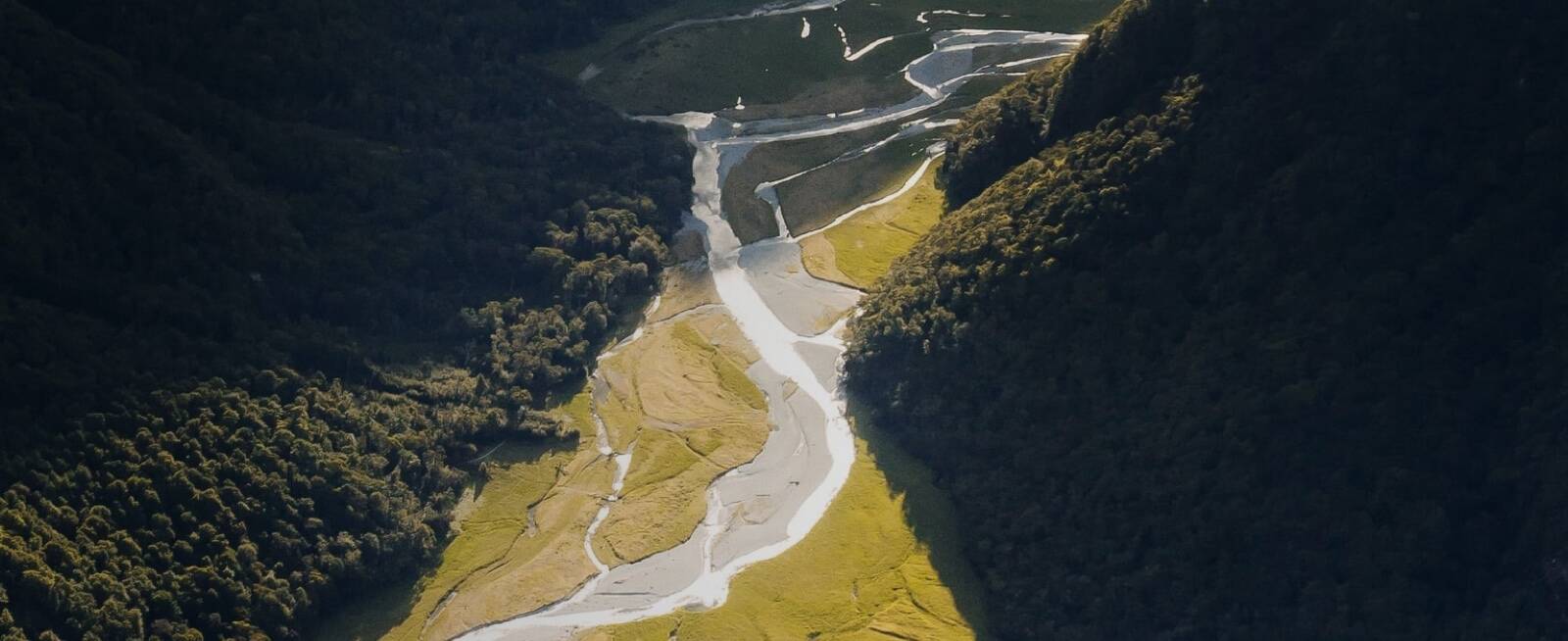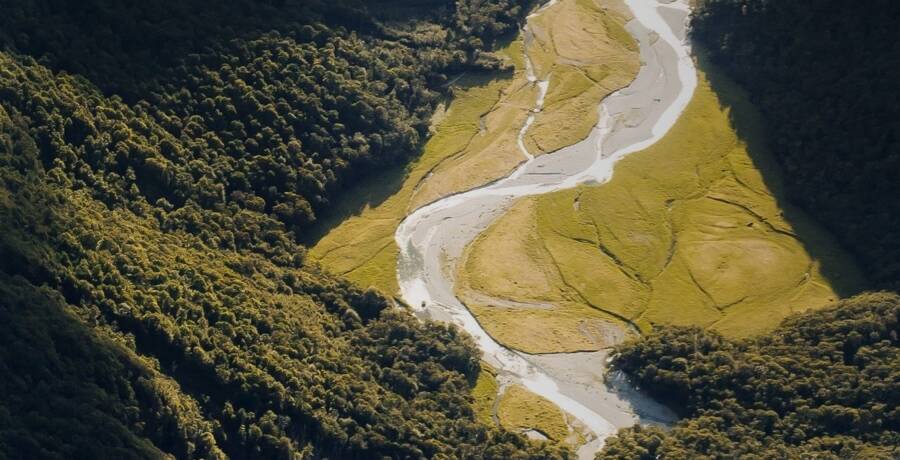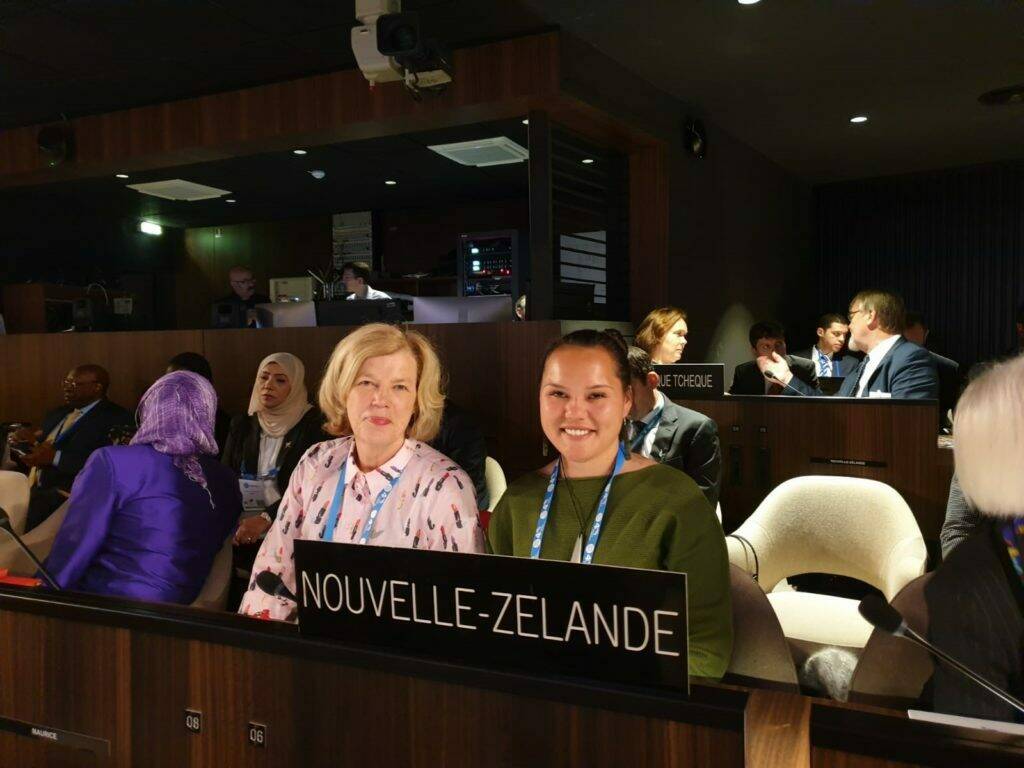


Our History
The more you know about the past, the better prepared you are for the future.
1946 – The Year it All Began
UNESCO was established after WWII on the belief that “political and economic arrangements will not produce lasting peace and the only certainty for world security is intellectual and moral solidarity”.
New Zealand was the second country to sign the UNESCO constitution in 1946. The National Commission for UNESCO was then established by the Government to serve as a first point of contact for UNESCO in NZ and to provide expert advice on UNESCO related issues.
Initially the National Commission was funded and staffed as part of the Department of Education. The first Chair was the Director General of Education, Dr Clarence Beeby. In 1974, The Government allocated the National Commission an independent activities budget within the Education Department and decreed the Chair would be independent. This structure still exists today (within the Ministry of Education).
Across the decades our Secretariat has taken many different forms, in the 1960s to 1990s it comprised a larger staff of up to 11 to 12, today the Secretariat has 3.5 FTE staff members.
Over the years the composition of the Commissioners has also changed. Today there are five Commissioners, each specialist in one of the five UNESCO areas. In the past Commissioners were responsible for sub-Commissions in their area of expertise but these were disbanded in 2013.
A constant though, has always been the wide range of expertise of both the Secretariat, Chairs and the Commissioners. While there have been many changes in our structure, participating in and promoting UNESCO’s work has always been at our heart.

Learn more about our history. Download a short abstract about our history or read the book - Reflections on the work of the New Zealand National Commission for UNESCO by Edna Tait.
A history defined by partnerships
New Zealand is a member of UNESCO’s Asia and Pacific Regional cluster. We are eligible to participate in regional activities organised by UNESCO’s Regional Office for Education in Bangkok and UNESCO’s Regional Office for Science in Jakarta.
New Zealand is also a member of UNESCO’s Pacific Sub-Regional cluster. The UNESCO Office for the Pacific, located in Apia, serves New Zealand and the other regional Member States, and one associate member.
The National Commission, has across the decades, always worked in partnership with others. We have close relationships with appropriate Ministries (those responsible for education, research, science and technology, conservation, environment, foreign affairs and trade, Pacific Island affairs, culture and heritage and Māori development).
As part of our role to associate civil society with the work of UNESCO, we also work in partnership with a range of organisations including the Human Rights Commission, the Royal Society of New Zealand, the United Nations Association of New Zealand and its youth arm UN Youth, Te Taura Whiri (the Māori Language Commission), Multicultural New Zealand, Read NZ Te Pou Muramura and Museums Aotearoa.
